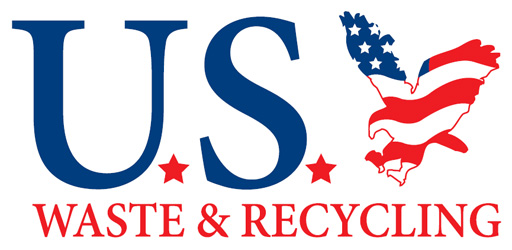Examining Common Types of Manufacturing Waste
Manufacturing facilities rely on efficiency and streamlined production methods in order to create their products. However, even the most efficient manufacturing plants are bound to generate some form of waste. By working with a company offering waste management and recycling near Atlanta, you can reduce the amount of materials that you discard during the manufacturing process, while also making sure that your waste is disposed of in a safe and responsible manner. If you are creating a waste disposal plan for your manufacturing plant, read on to learn more about the most common types of manufacturing waste.
Solid Waste
Solid waste is a term that describes any paper, plastic, metal, or carbon based materials that are left over after the manufacturing process is completed. Some examples of solid waste include cardboard, scrap metals, or packaging materials. While some solid waste must be thrown in a dumpster, other forms of waste can be easily recycled. Recycling paper and cardboard can help you cut back on the carbon footprint of your manufacturing process.
Chemical Waste
Depending on the nature of the manufacturing process, certain facilities may generate large amounts of chemical waste. Unlike solid waste, which can be placed in a bin for disposal, chemical waste must be contained using special disposal methods. Many types of chemicals can cause environmental harm when they are not disposed of in a proper manner. Your waste management specialists can advise you on best chemical waste disposal practices for your business.
Toxic Waste
Toxic waste is an unavoidable byproduct of many manufacturing methods. While you may not be able to reduce the toxicity of certain kinds of waste, you can make sure that any toxic substances that are created in your plant are not allowed to contaminate the surrounding environment. Toxic waste disposal and management is regulated by governmental organizations, so you will want to make sure that your disposal plan is on par with environmental regulations for your county or state.
